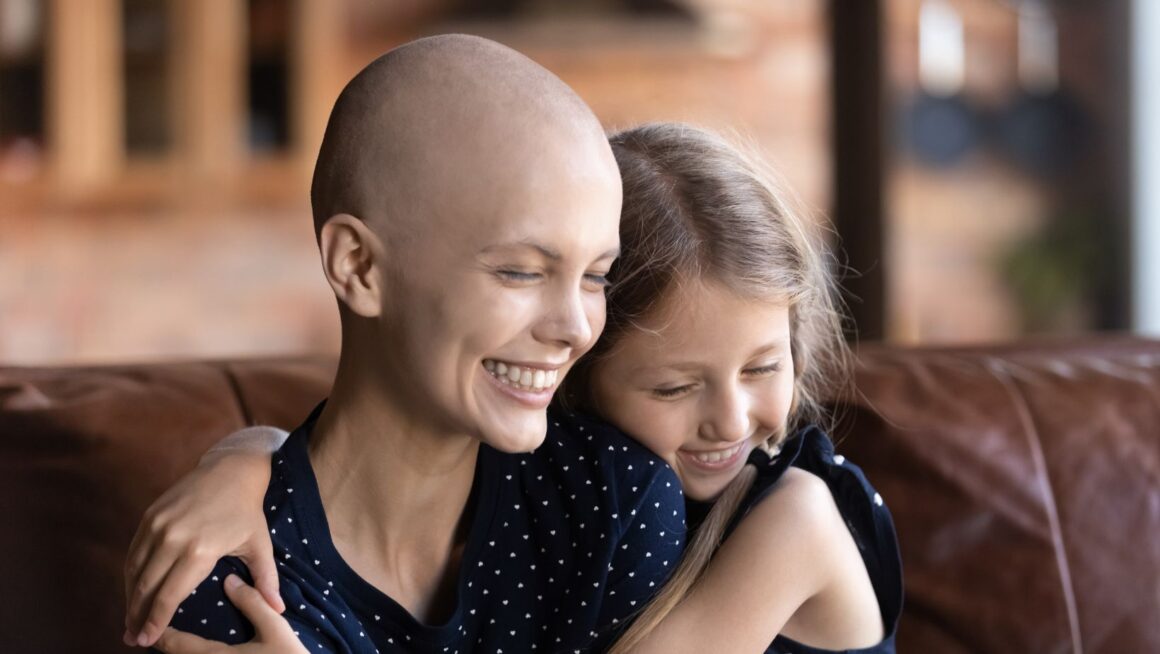
A cancer diagnosis could be life-changing as much as it is disruptive to a person, and more their loved ones. The news itself could trigger feelings of hopelessness towards a disease that’s still being studied, but that only comes at first instance. From there, the real battle begins, in which the patient has to stay focused on their treatment and find hope in their day-to-day life. Sure enough, their family members have a crucial role to play as their fight against cancer rages.
If your loved one has been diagnosed with any type of cancer, there’s so much you can do to make their daily life manageable as well as lift their spirits. The time and effort you put into caregiving add up to greater resilience as well as a strengthened relationship. It can become exhausting at some point, but the help you provide can make a difference in their recovery later on. You just have to remember a few key points that will make you a good caregiver:
1. Collaborate With Their Health Professional
You might serve as your loved one’s source of emotional strength, but it matters a lot to yield to their doctor’s orders. Since they know best about your loved one’s condition, their doctor should be your primary source of information for how you should manage their daily needs. You serve as their doctor’s eyes and ears, especially if your loved one prefers to stay at home.
As their primary caregiver, you need to follow their medication schedules and monthly checkups, as well as their chemotherapy sessions and meal plans. You might also want to come up with a daily program that includes opportunities for exercise and socialization as prescribed by their doctor.
2. Create a Safe and Comfortable Environment
Part of your responsibility as a primary carer is to maintain a home environment that makes it easier for your loved one to handle their daily tasks. If they’re a retiree with vision and mobility problems, you will have to install additional accessibility features such as handrails and ergonomic kitchen tools.
It also matters to ensure that indoor spaces allow for optimal natural light on top of daily cleaning and weekly sanitizing. Outdoor spaces should be clutter-free, as any debris could serve as a trip hazard. What’s more, ensure proper ventilation and easy access to essentials such as hygienic supplies and utensils.
3. Get the Right People for Certain Needs
Their doctor might be the sole authority for managing their wellness as they battle cancer, but your loved one should also get the support of other specialists for handling certain areas. When it comes to dealing with the emotional toll of their condition, consider contacting a mental health expert or counselor who can provide the best interventions for their situation.

In case the cancer was caused by prolonged asbestos exposure, then you will need a lawyer experienced in asbestos lawsuits to help you build a strong case and ensure your loved one’s financial recovery. You don’t have to bear all the pressure when you have professionals on call who can make your burden light.
4. Don’t Neglect Your Own Needs
Keep in mind that caregiving for a cancer patient isn’t for everyone. Even if you’ve had years of intensive training, nothing can prepare you for the emotional and physical stress that the work brings. It pays to realize that exhaustion is normal, and as a caregiver, you will need to find space to care for yourself.
While you may to cater to your loved one’s medical and emotional needs, focus on your wellness by requesting checkups and getting advice from people who are also involved in caring for your loved one. Even more important is to make the most of breaks and ask other family members to fill you in.
Endnote
Battling cancer can be emotionally exhausting to a loved one who has it, but your mere presence and support can fuel their sense of hope and make the most of every fighting chance they have.











